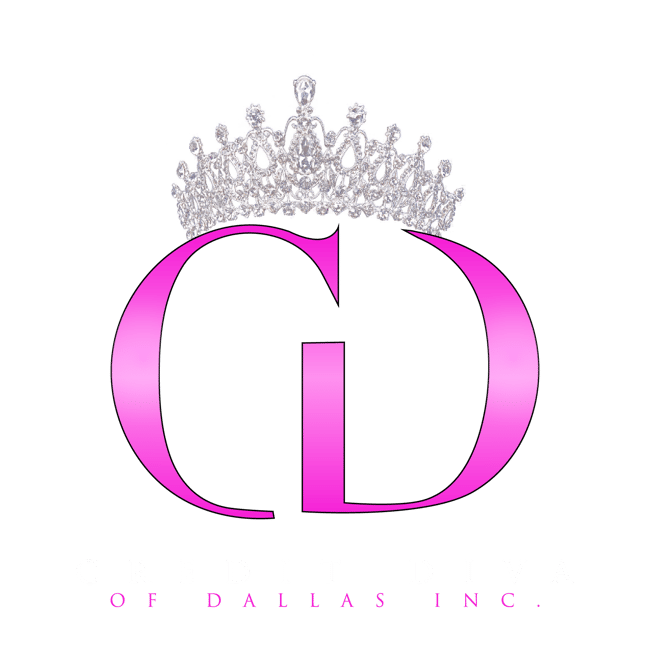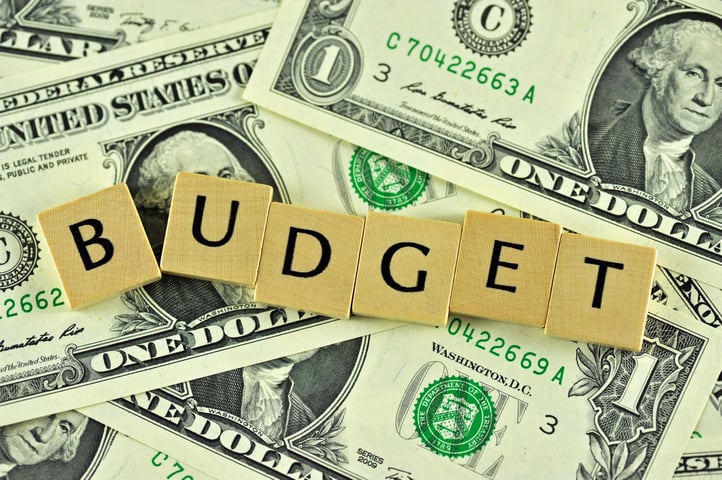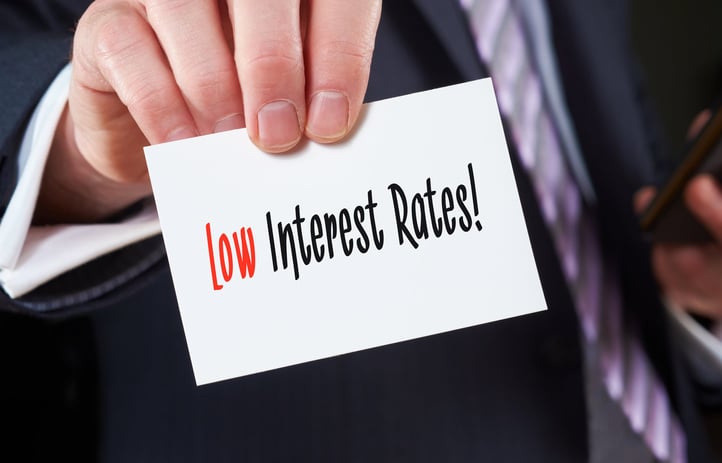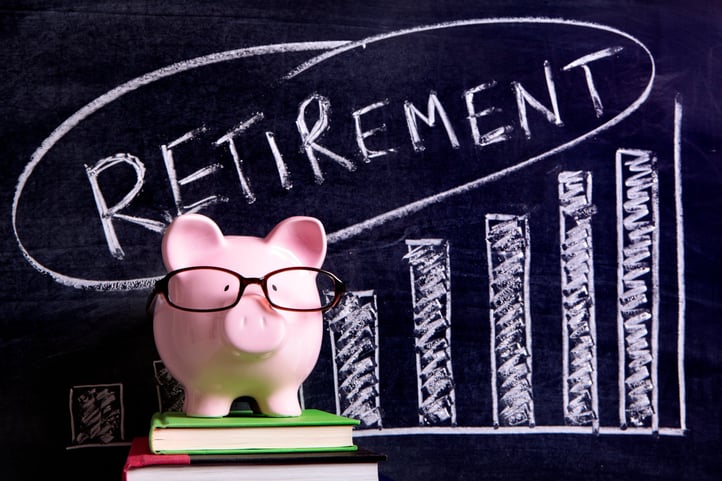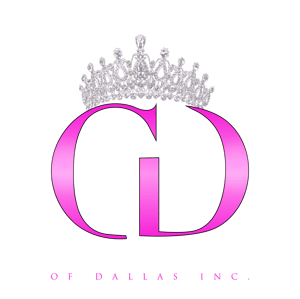You are probably familiar with people referring to 'good debt' and 'bad debt,' but what do those terms really mean? Are there some neat categories we can put our debts into, or is it more complex than that? Let’s look at how we typically look at debt and discover a new way of determining whether a debt is good or bad. It may just be the credit help and guidance you need!
Traditional Ideas About Debt
- Typically, people felt that there were two types of personal debt: 'good' and 'bad.'
- A mortgage for a home is considered a positive step and a good reason to get into debt.
- The logic was that even though you were taking on a debt, you would recoup your money and make more due to the equity you’d have in your home.
Student loans were another debt investment typically looked upon as a worthy one. Once you graduated from college, you would have access to a hearty income to get you through life. By contrast, negative debt originated from credit cards that charged exorbitant interest rates and fees.
While this is the typical 'good-versus-bad' way to look at debt, it doesn’t tell the whole story. Just like everything else involving finances, some nuances need to be investigated further.

Complexities Involving Mortgages
Mortgages are usually a good investment. Typically, this type of debt is one of the safest places to put your money. Over time you build equity in the home, allowing you to have an asset. However, jumping into a mortgage without a thorough understanding of what you’re getting into can be problematic, too.
For example, if you don’t understand the differences between adjustable-rate (ARM) and fixed-rate mortgages, you may need credit help after selecting the wrong one. When housing crises strike, these terms are more relevant than ever. For example, when we faced the subprime mortgage crisis, many people lost their homes because of the wildly fluctuating ARM payment. Also, if you are borrowing more than you can afford, you’ll soon run into problems.
Lenders may qualify you for a more considerable amount than what you are comfortable paying. Just because you are approved for a larger loan amount doesn’t mean that is the amount you should borrow! You need to know your own spending habits, so you’ll be sure you can make the monthly mortgage payments. The goal is to get a mortgage payment that considers any changes that may occur in the economy or your personal life.
Student Loans
A student loan is supposed to make you money. It could be looked at like a business investment. However, just like with any investment, it needs to be financially profitable. If you take on a large amount of debt for a Bachelor’s or Master’s degree but can’t get a lucrative job from that degree, then it’s not good debt.
 Credit Cards
Credit Cards
Finally, while it’s true that credit cards have high interest rates, sometimes credit debt may actually be a form of credit help!
- A credit card company will often offer a 0% rate for a period of time to transfer balances or as a promotion.
- Also, credit cards provide cashback and other rewards on purchases.
For someone who is paying off their statement each month and using these offers wisely, credit card debt can work in their favor.
Keep Your Credit Strong
Whatever type of debt you have, make sure you are keeping your credit report up to date and protecting your good credit. This will allow you access to the best deals and offers from mortgage lenders and credit card companies.
At Credit Diva, we are the experts in credit help and credit repair issues! Let's work together to target bad credit and protect good credit.
